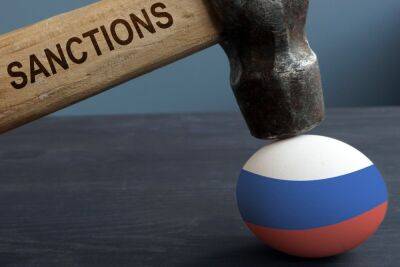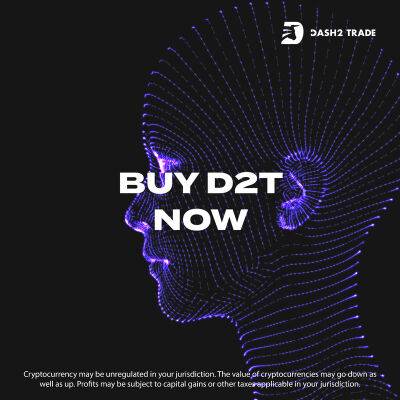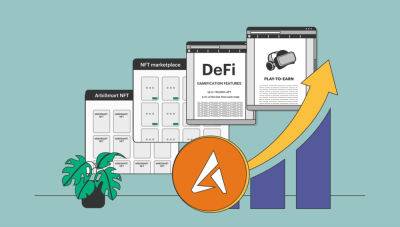Canada crypto regulation: Bitcoin ETFs, strict licensing and a digital dollar
In October, Toronto-based Coinsquare became the first crypto trading business to get dealer registration from the Investment Industry Regulatory Organization of Canada (IIROC). That means a lot as now Coinsquare investors’ funds enjoy the security of the Canadian Investment Protection Fund in the event of insolvency, while the exchange is required to report its financial standing regularly.
This news reminds us about the peculiarities of Canadian regulation of crypto. While the country still holds a rather tight process of licensing the virtual asset providers, it outpaces the neighboring United States in its experiments with crypto exchange-traded funds (ETFs), pension funds’ investments and central bank digital currency (CBDC) efforts.
Coinsquare, which happens to be Canada’s longest-operating crypto asset trading platform, benefits from its new legal status as none of its competitors can currently boast the same legal footing. By publishing time, all other local players must have the status of a “restricted dealer,” signaling that they’ve made their registration bid and now await IIROC’s decision.
The Guidance for Crypto-Asset Trading Platforms was introduced by IIROC and the Canadian Securities Administrators (CSA) in 2021. It requires crypto businesses dealing with security tokens or crypto contracts to register as “investment dealers” or “regulated marketplaces.”
All local companies have been given a two-year transitory period, during which they should start the registration process and, in some cases, obtain the “restricted dealer” temporary registration.
The list of “restricted dealers” that have been granted a two-year relief period to operate amid the ongoing registration process is rather short and includes
Read more on cointelegraph.com





















